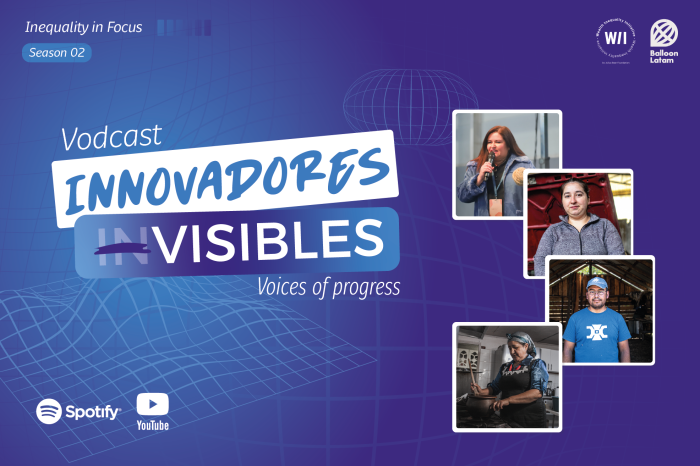We highlight some insights from an exclusive interview with Sébastien More-Chevalier , the Executive Director of Baan Dek Foundation(BDF). This Thai-registered Foundation is dedicated to improving the fundamental well-being of vulnerable children and families living in urban slums and construction site camps in Thailand, in collaboration with the Julius Baer Foundation.
Sébastien, in Thailand Baan Dek focuses on the predicament of children and families living in construction site camps. What does life look like for the child of a family working in these sites?
In the 2010s, BDF expanded its scope to include children in construction site camps due to a significant surge of construction projects at that time and increasing numbers of migrant children accompanying their parents. In Thailand, there are currently approximately 600,000 migrant workers, mainly originating from Myanmar and Cambodia, working in the construction sector. In addition to migrant adults, BDF’s evidence-based study published in collaboration with UNICEF Thailand found that approx. 60,000 migrant children live in construction site camps in slumlike conditions. They face multiple hardships, including but not limited to living in an unsafe environment, lack of social integration, and difficulties in accessing public services such as protection, healthcare, and education.
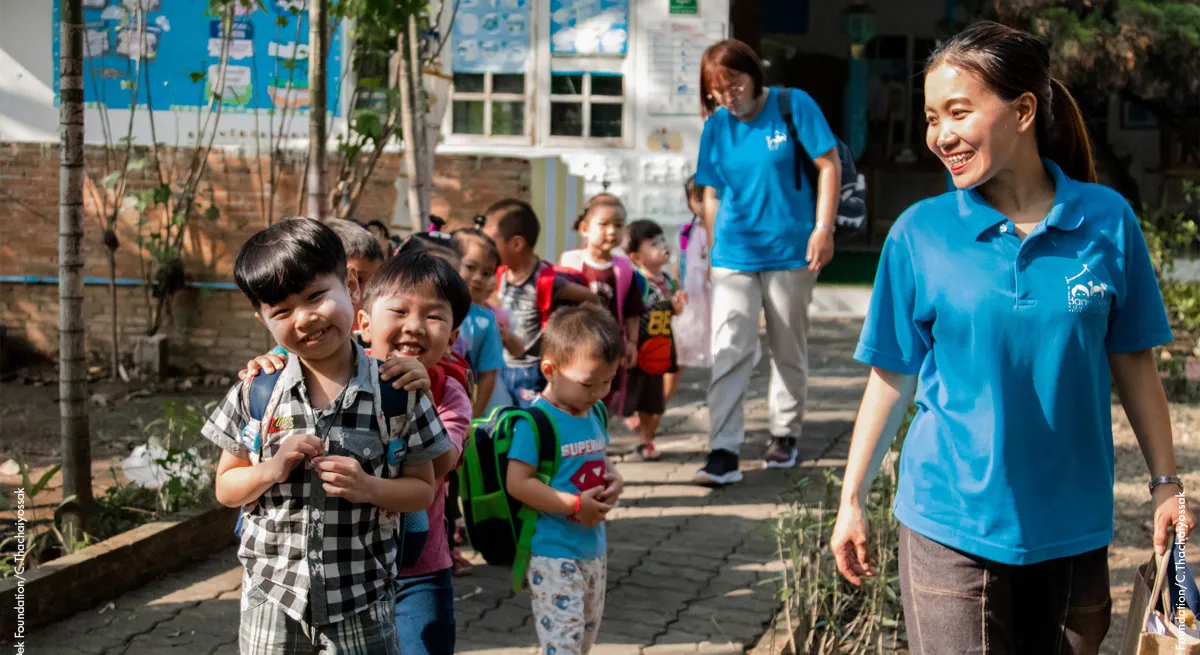
How is Baan Dek tackling the problem? Can you share how you connect with the various stakeholders around the children?
To address these challenges, Baan Dek aims at supporting families’ immediate needs, empowering families and communities through a peer-to-peer approach, and creating sustainable change in the Thai construction sector. All projects are aligned to our three programmatic pillars.
Pillar 1: We provide temporary social and economic support to children and families to address critical, immediate needs and promote continued access to education. Our Social Advisors identify a family's challenges, such as gender-based violence, financial burden, etc. Such challenges cause irreversible outcomes, which can affect a child’s potential for his life. Following a thorough assessment, Social Advisors provide tailored support through case management, counseling and in-kind support. Children facing the most critical situations will be enrolled in the legally registered ‘Tchin Tcho Critical Care Nursery,’ run by BDF and supported by the Julius Baer Foundation. The Nursery provides childcare for vulnerable young children, ensuring they can reach their developmental milestones. In parallel, each family receives supervision from their Social Advisor who provides them with tailored support and training, such as positive parenting. The Julius Baer Foundation is also providing financial support to ensure all children in need can attend school.
Pillar 2: BDF adopts a peer-to-peer approach, providing community leaders with essential information related to their rights, life skills, and access to public services, who then share information within their communities. This contributes to strengthening community cohesiveness and building back their social capital, towards further integration into Thai society. Youth Peers especially play a key role among children. They stand as role models, supporting children in their community with their homework. Beyond their impact in their communities, the collaboration with Baan Dek contributes to increase their self-confidence, strengthen their leadership skills and allow them to develop new aspirations for themselves, including pursuing higher education.
Pillar 3: Our strategic approach is to create systemic change within the Thai construction sector by changing the practices of companies towards their workers and their children. To do so, BDF adopts a solution-oriented and positive approach based on partnerships with property developers and construction companies by providing them with practical tools and training sessions to assist them in adopting improved practices for migrant workers and their children.
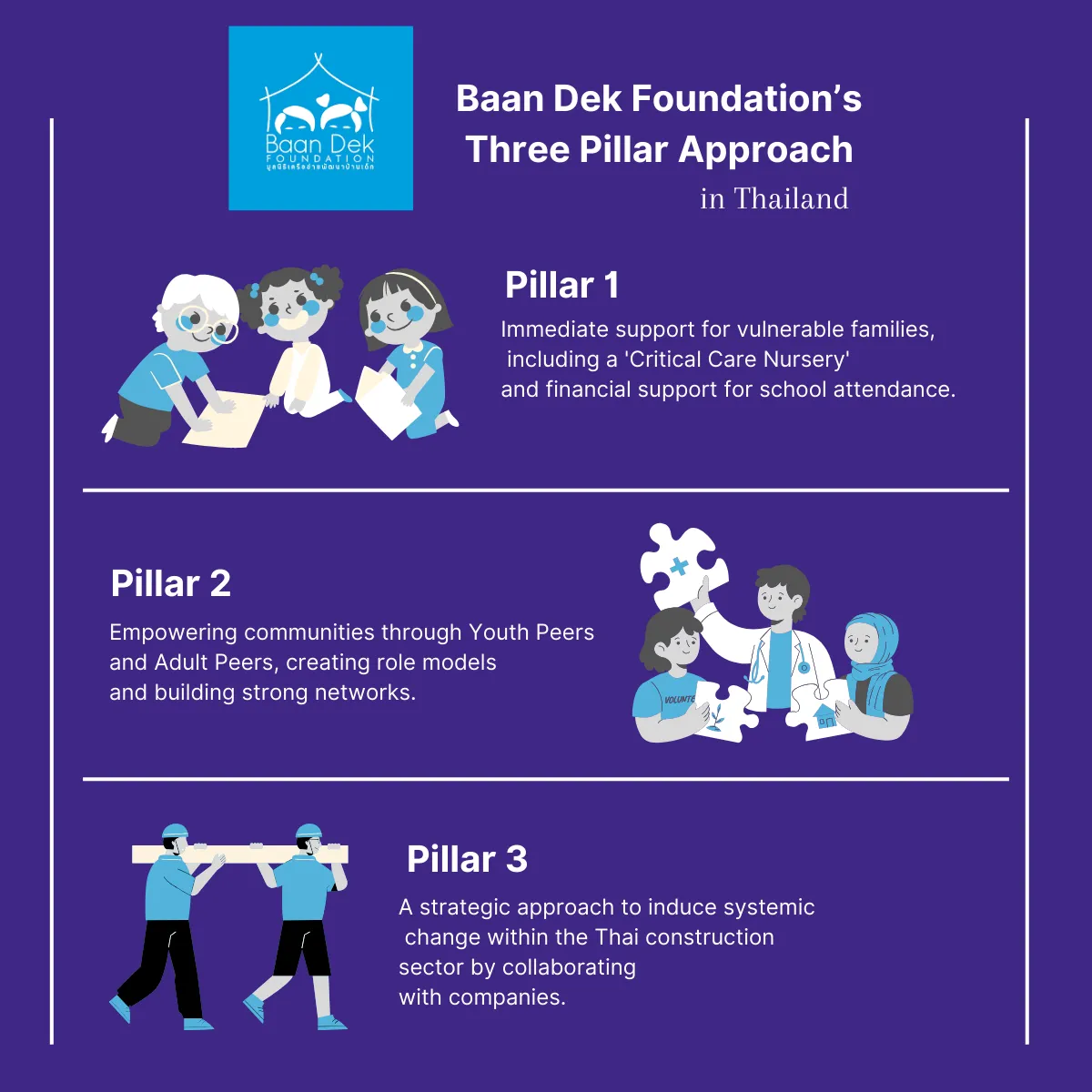
How did you engage and convince the companies in the construction sector to come on board?
Companies rely on and attract migrant workers, compelling them to live in their own properties. These companies have a responsibility towards these workers.
We researched the social return on investment resulting from the implementation of the Building Social Impact (BSI) Framework for Action — an Initiative and related tools that we launched in 2022 to improve social sustainability in the property and construction industry. Our findings demonstrate that every unit invested in the well-being of children and workers in the camps generates a social return on investment of 7 units.
This social impact in camps also generates direct benefits for a company’s business, supported by three compelling arguments.
● Risk mitigation: Companies often become aware of the security risks in their camps only through the BSI Self-Assessment Tool. Once they have the full picture, they also understand the high reputational risks they run if they do not act fast.
● Labour retention: Workers not only value their wages but also the environment where they live and the opportunities for their families. Improving conditions in the camps increases worker retention, ensuring more stable productivity for employers.
● ESG performance: Thailand was the first country in Southeast Asia to lay down a National Action Plan for Business and Human Rights. All listed companies must report on their Environmental Social Governance (ESG) sustainability performance. The BSI tools allow them to track and easily report their social performance and meet reporting requirements.
In 2022, we launched the BSI Initiative with the three original pioneer companies. Today, there are 18 companies on board. They are now active in finding solutions to send children to school, renovating camps, and providing key information on how to access essential services -- all these things represent a major improvement.
To address the inequalities and discrimination faced by migrant children, it is crucial to ensure access to multidimensional elements such as health, education and a safe living environment.
When will Baan Dek consider its mission completed?
Baan Dek is an NGO with a clear exit strategy: our systemic change pillar aims to change the practice of the sector from the inside. If the sector takes ownership and adopts the BSI as their standard practice, this will result in ensuring that both work and living environments are safe for workers and their children, but also that they will have access to public services such as health and education. They will be integrated into the Thai system, and Baan Dek will no longer have a reason to operate in the sector. Baan Dek’s mission will be successfully accomplished.
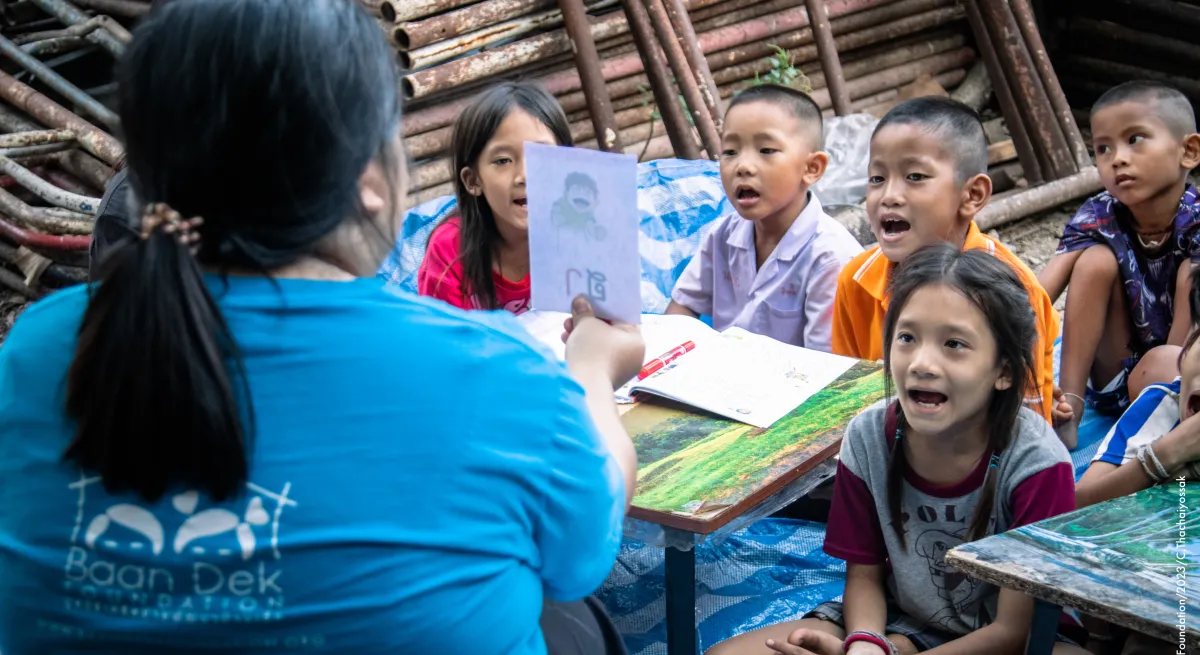
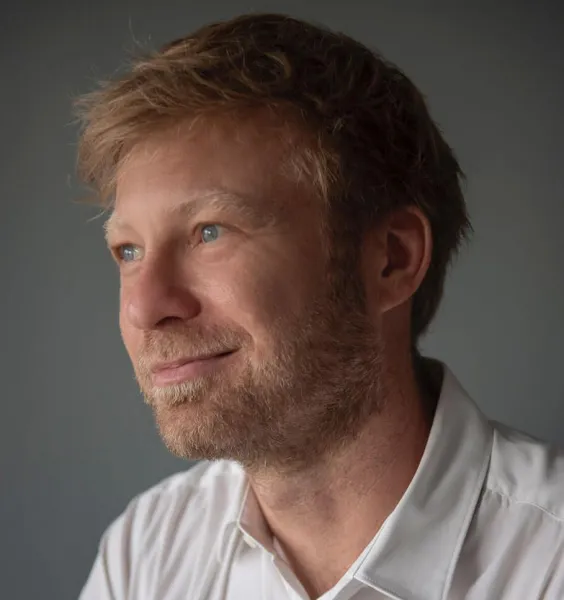
Sébastien More-Chevalier is a socio-economist with 20 years of experience in humanitarian and development work. He has worked for international NGOs and UN organizations in various contexts and countries such as Bolivia, Mali, Zimbabwe, Burkina Faso, Morocco, Uganda and Thailand.
Passionate about social impact, program strategy, design and implementation, Sébastien has also developed expertise in private sector engagement and public-private partnerships.
He currently serves as the Executive Director at Baan Dek Foundation, and provides strategic oversight over all its operations, programs and the strategic plan of the organization. In his previous role at Baan Dek Foundation as the Director of Systemic Impact, he developed and led the Systemic Impact Strategy, and its next phase, the Building Social Impact (BSI) initiative.
Sébastien possesses a Master’s degree in Project Management and Analysis from the University of Economics of Rennes, France.
About Baan Dek Foundation
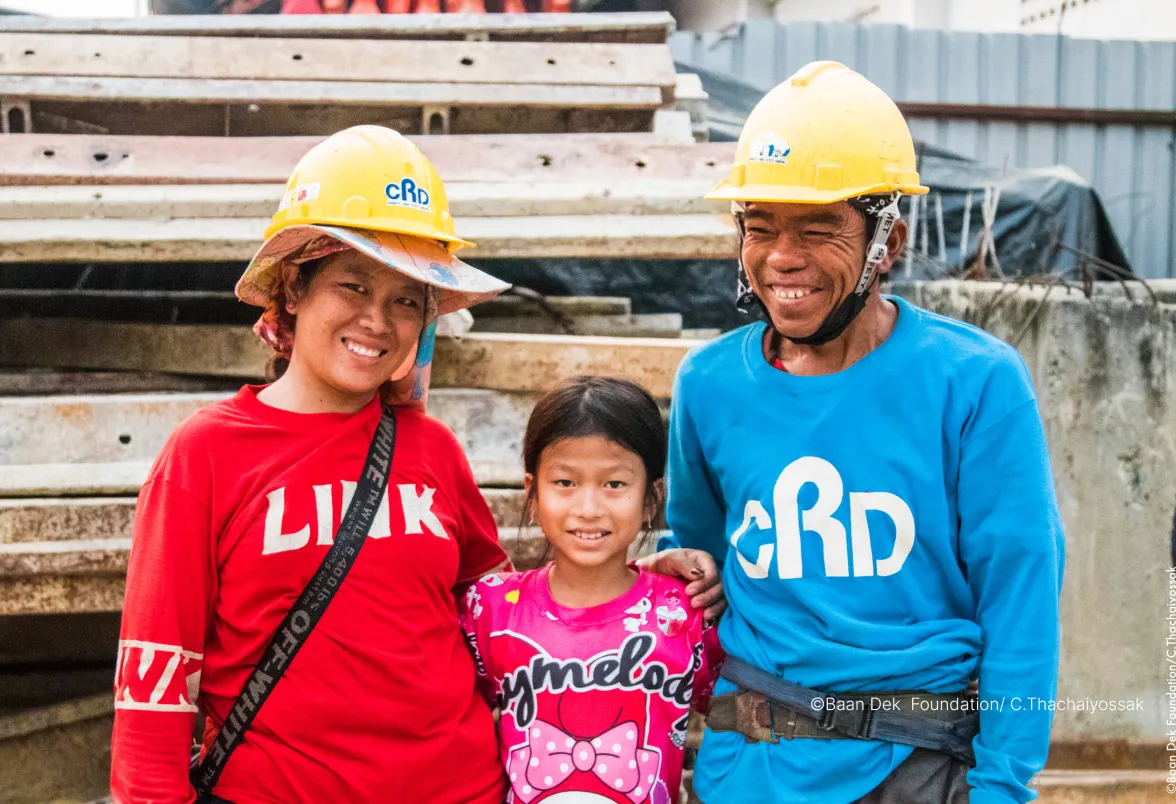
Make an impact that lasts a lifetime — discover opportunities at Baan Dek Foundation to donate, volunteer, work, and learn.

